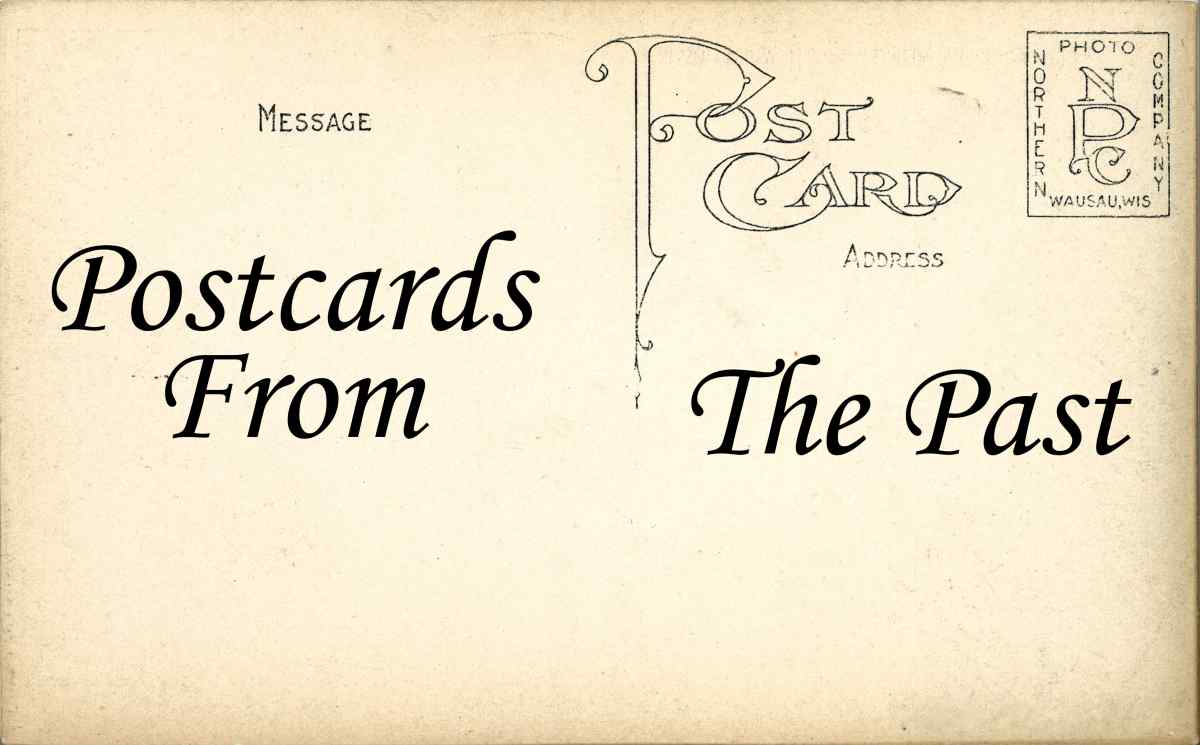The creator of the collection Nikola Delyov Todev was born on November 9, 1892 in the town of Kukush, Aegean Macedonia as the seventh and last child in the family of Delyo Todev, who was a fabric trader and has a sewing studio. Nikola Todev spent his childhood in his hometown, where in 1859 the church struggles of the Bulgarian people began, culminating in the establishment of the Bulgarian Exarchate. Dimitar Miladinov, who was a teacher in the city, played a huge role in the national awakening of Kukush at that time. Kukush is located about 50 km north of Thessaloniki and at the end of the 19th century numbered about 13,000 people. There are about 3,000 houses and 850 shops in the city. It is one of the centers for the production of cotton fabrics and sesame vegetable oil, as well as for the trade of cereals. Kukush is one of the most vigilant cities in the remaining Turkish-ruled Macedonia. The first school was opened in 1840. It is the birthplace of prominent revivalists, revolutionaries, politicians, writers, public figures. Suffice it to mention Nako Stanishev, who led the Kukushans against the hated Doyran bishop Miletius and organized the writing of a petition to Pope Pius IX to accept Christians from the Diocese of Polyana under his auspices, which began the struggle of the Bulgarian people for church independence. Kukush became the first city in the Ottoman Empire with a Bulgarian bishop. This is the origin of our great revolutionaries Georgi / Gotse / Delchev, head of the Internal Macedonian-Edirne Revolutionary Organization / IMRO /; Hristo Dalchev, MP from Sersk region in the Turkish parliament; Hristo Izmirliev / Smirnenski / and others. For the period from 1909. until 1951 very little was known about the life of Nikola Delyov Todev. In the early 1920s he found himself in Moscow, where he worked in the labor cooperatives of the anarchist-internationalists, in 1924 he was already in Bulgaria, the following year he served his sentence in Plovdiv prison, he fought under the black and red flags of the anarchist-internationalists in Spain in 1936-1938, gave shelter to two Jewish families / Pitti and Rabiner / after the adoption of the anti-Jewish legislation, served his sentence during the communist regime, and for the rest of his life was subjected to house searches, strict control of his correspondence and surveillance by State Security officers. The cities around the world where he settled for more than a year are: Paris – 6 years, Brussels – 4 years, Vienna – 13 years, Zurich and Lugano -3 years, Moscow – 2 years, Istanbul – 5 years, Barcelona – 2 years, Alexandria – 1 year. During this period he collected his unique collection of postcards. Its creation remains a great mystery, because its collector arranges it for about 20 years, living in different countries, at large and imprisoned.
There are three main principles in the creation of Nikola Delev Todev’s collection:
First, the collection should be, in a way, an overview of the history of painting, sculpture and architecture from the birth of civilization to the end of the first third of the 20th century;
Second, the collection should contain only postcards of works of art and architecture, personally seen by N. Todev;
Third, to be sufficient in volume to allow the publication of a magazine for students of art history for 15 years once a month, each issue describing the history of the creation of the painting depicted on the cards, the sculpture. and architecture.
In 1933, Nikola Delyov Todev organized two exhibitions, at which he presented his collection of postcards to the citizens of Sofia in the Old Military Club / now known as the “Clock Restaurant”. It is unknown when and why he started collecting postcards. It is possible that it is assumed that the cards were collected for the period 1909 – 1932. The cards not included in the collection are stored in albums made to order in the famous department store “Gallery LaFayette” in Paris, and the collection itself in a wooden box, made to order in Brussels.
In 1972, the collector offered the state institutions in Bulgaria to donate his collection to the Bulgarian people, provided that a room was found for its permanent exhibition. He does not find understanding. After his death the same year, until November 15, 2007, it was stored in a Sofia attic.
In November 2007, Nikola Delev Todev’s sons, brothers Delyo and Tode Todevi, decided to entrust the collection to their good friend and associate Petar Neychev from Plovdiv-Bulgaria, so that it would become available not only to the Plovdiv but also to the Bulgarian public. The idea is for it to become an integral part of the “Future” Library conceived by Petar Neychev and Tode Todev, which in turn is part of the International Foundation for the Study of the Problems of Cooperation, created by the two – an intellectual infrastructure for spiritual and economic freedom. After the inventory of the collection, it will be exhibited in a special room and at the same time will be available on the Internet through the specialized portal of the digital library “Future”.
In view of the latest trends in the field of hybrid and digital libraries, a concept for connecting museum – library – archive and the creation of interactive, multimedia products in line with the guidelines in the context of social policy and social inclusion, such as access requirements and services for people. with physical and visual impairments; libraries in support of adult education; public library services for business and the economy; access to cultural diversity; access to music and non-printed materials; public library services for children and schools; cooperation with cultural, educational and community center organizations of Bulgarians abroad and others.
Main thematic areas / sections of the Future Library:
a / Financial knowledge, education and forecasts.
b / History of art, heritage from the centuries.
c / Technical section for laser and optical technologies.
d / General section – philosophy, health, prose, poetry.
Collecting has been around since ancient times. The word “collection” is of Latin origin – from the verb colligo, which means collect, collect. From antiquity are the information about people who have collected texts from the works of philosophers and poets, books, drawings, household items, art objects, coins, and the list of collections is extensive. Collecting provided an opportunity to penetrate the spiritual history of mankind.
Cartophilia (from the town of Philos “love, love” and + fr. Carte “map”, see Encyclopedic Handbook of Philately, Petar Beron Publishing House, Sofia, 1989) we call the collection of illustrated postcards, from which thematic , local lore and other collections.
A cartophilic exhibition is a public display of collections, parts of them or exhibits united by a common feature (place, theme, etc.) of illustrated cards (without a printed fee sign on the side of the illustration).
The postcard is an open postal item, compliant with the requirements of the Universal Postal Convention: 1 / to have a rectangular shape with established dimensions: maximum – 105 x 148 +/- 2 mm, minimum – 90 x 140 +/- 2 mm; 2 / to be made of cardboard or sufficiently thick paper, allowing postal processing and transport; 3 / to have a printed text postcard, a printed tax sign or a specific place for affixing a postage stamp and address lines for writing an address in the right half of the postcard. Illustrated postcards are also used. The first was created on the idea of Heinrich von Stefan for a mailing list (1865), and was made by Dr. Emanuel Hermann (Vienna), who on October 1, 1869 issued the first “correspondent card” with a printed fee sign. The first ones for Bulgaria were issued immediately after the Liberation (1879) with a tax mark in centimes.





